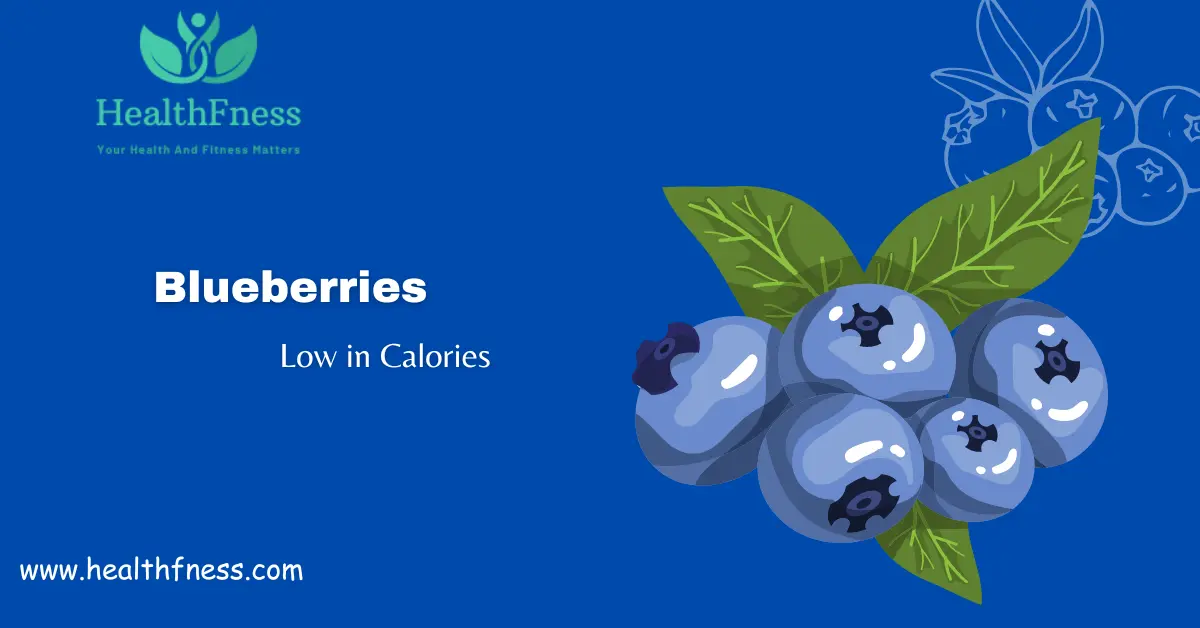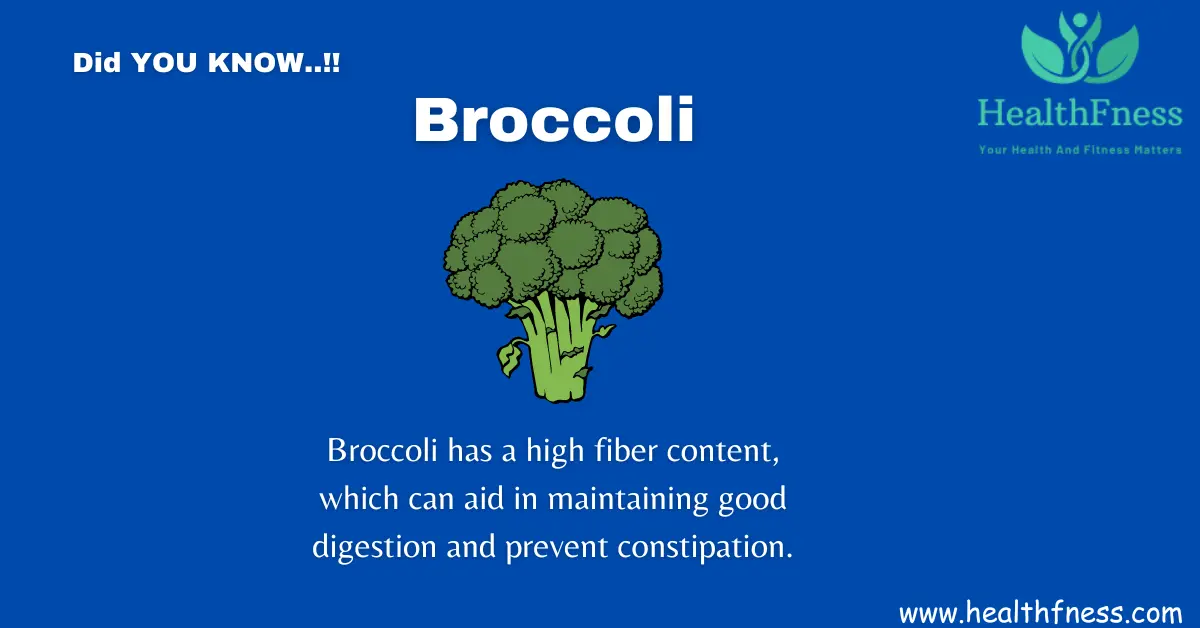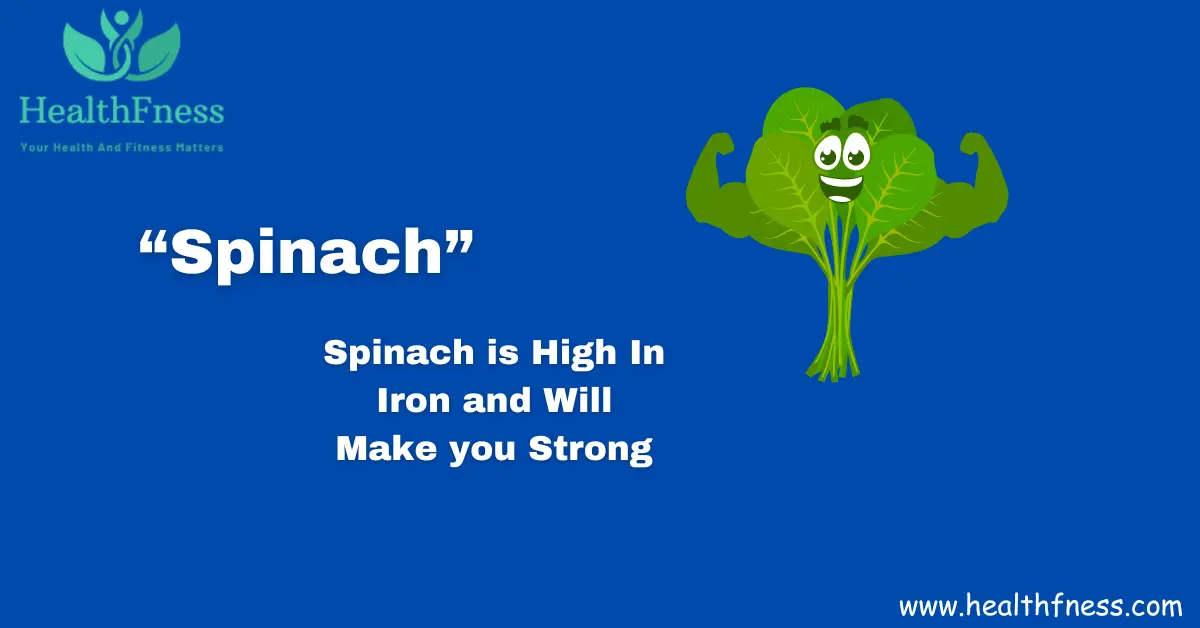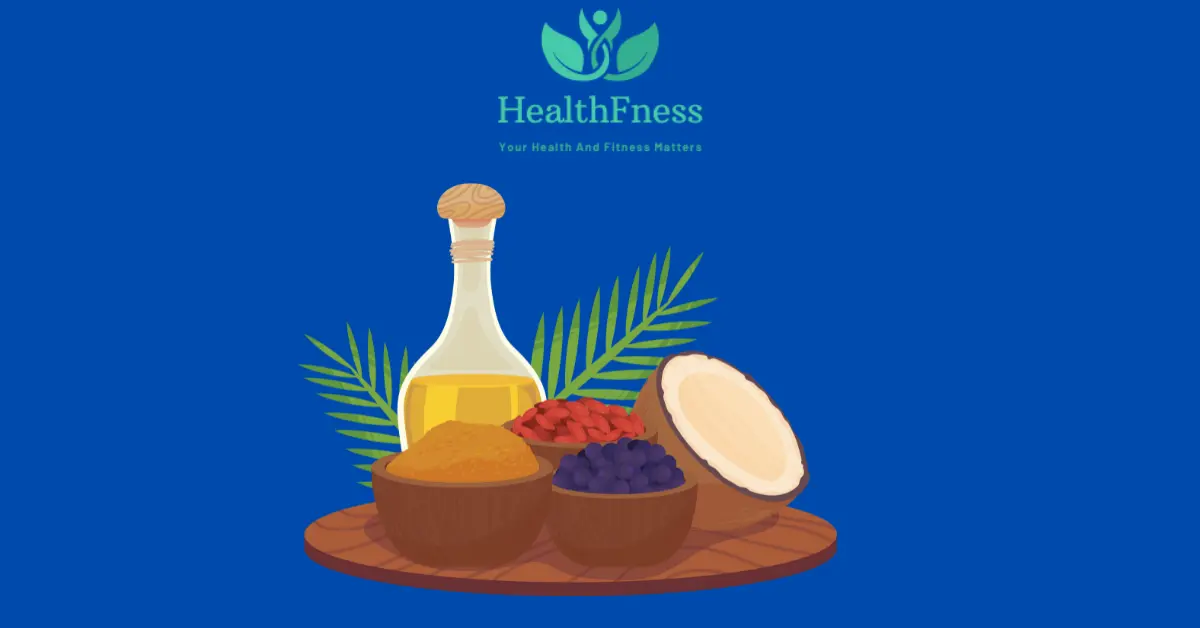What Are Superfoods?
The word superfood is nothing more than a way of talking about a series of foods that contain a very high nutritional value and qualities superior to other foods since they act on the human body, providing it with a series of benefits. We are talking today about 19 superfoods. Superfoods are the best source of nutrients that we can turn to in our day to day. They significantly improve our bodies if we consume them frequently and it will be enough to introduce some of these products.
How Superfoods Can Benefit The Body
Superfoods are nutrient-dense foods that have been proven to offer several health advantages. These are a few ways superfoods might help your health:
Essential vitamins and minerals
Several superfoods are high in vitamins and minerals that the body requires to function correctly. Leafy greens like spinach and kale, for example, are high in iron, but berries like blueberries and raspberries are high in vitamin C.
Strengthen the immune system
Antioxidants in superfoods help the body fight off dangerous free radicals. This can assist in strengthening the immune system and lower the risk of chronic diseases such as cancer, heart disease, and Alzheimer’s.
Promote good digestion
Fiber-rich superfoods like avocado, chia seeds, and lentils assist to support healthy digestion and prevent constipation.
Reduce inflammation
Chronic inflammation in the body has been related to a variety of health issues such as arthritis, diabetes, and heart disease. Several superfoods contain anti-inflammatory characteristics that can aid in the reduction of inflammation and the promotion of overall health.
Support weight loss
Superfoods such as quinoa, Greek yogurt, and almonds are high in protein and fiber, which can help you feel full and content. This can result in lower calorie intake and help with weight loss objectives.
List Of 19 Superfoods With Their Benefits
1. Blueberries are high in vitamins, minerals, and antioxidants
Blueberries can help your health in the following ways: Blueberries are low in calories, making them an excellent addition to a weight loss or weight management diet.

According to OXFORD ACADEMIC Blueberries have a high concentration of phytochemicals, including anthocyanin pigments. Anthocyanins are the phytochemicals that have the most impact on blueberry health functions.
2. Broccoli is a highly nutritious vegetable that is packed with vitamins and minerals
Broccoli can help your health in the following ways: Broccoli has a high fiber content, which can aid in maintaining good digestion and prevent constipation. Broccoli includes sulforaphane, a chemical with anti-cancer effects that may help reduce the risk of some types of cancer, including breast and prostate cancer. Here is a complete overview of broccoli’s health benefits and possible risks on ScienceDirect.

3. Spinach is a highly nutritious leafy green vegetable
Spinach contains a variety of vitamins and minerals, including vitamin A, vitamin C, vitamin K, folate, iron, and calcium. These nutrients are essential for good health and well-being.
Spinach includes antioxidants that can protect the body from cellular damage and inflammation, both of which are risk factors for chronic diseases like cancer, diabetes, and heart disease.

4. Salmon is a highly nutritious fish that is packed with protein, omega-3 fatty acids
These are a few ways salmon can enhance your health: Salmon is a good source of high-quality protein, which is necessary for the body’s tissue construction and repair.
5. Turmeric has anti-cancer properties
Turmeric includes anti-inflammatory chemicals known as curcuminoids, which have potent anti-inflammatory properties. These substances can aid in the reduction of inflammation in the body, which is linked to a variety of chronic disorders. Curcumin, the main ingredient in turmeric, has been found to have neuroprotective properties and may assist to improve memory and cognitive function.
6. Avocado is High in healthy fats and Rich in fiber
Avocado is high in vitamins C, E, K, and B6, as well as minerals like potassium and magnesium, all of which are beneficial to one’s general health and well-being. Avocado includes chemicals that have been demonstrated to have anti-inflammatory properties, which may help to reduce the risk of chronic diseases like arthritis, heart disease, and certain types of cancer.
7. Sweet potatoes are a nutritious and delicious root vegetable
Sweet potatoes have a relatively low glycemic index, which means they can help regulate blood sugar levels and may be a good choice for those with diabetes. Sweet potatoes are a strong source of potassium, which can help lower blood pressure and reduce the risk of heart disease.
8. Almonds are versatile nut which is good for heart health
Almonds are high in nutrients, including protein, fiber, healthy fats, vitamin E, magnesium, and potassium. Consuming almonds as part of a well-balanced diet can assist in offering a variety of essential nutrients. Almonds are abundant in healthy fats, protein, and fiber, which can help manage blood sugar levels and lower the risk of type 2 diabetes.
9. Greek yogurt is a nutritious dairy product high in protein
Greek yogurt is an excellent source of protein, which is necessary for the body’s tissue development and repair. Greek yogurt is high in probiotics, which are helpful microorganisms that dwell in the gut and serve to improve digestive health.
10. Green tea is a popular beverage that improves brain function
Green tea is high in antioxidants, which are molecules that help protect cells from the harm caused by free radicals.
Several studies have suggested that drinking green tea on a regular basis may help to reduce the risk of some malignancies, such as breast, prostate, and colorectal cancer.
11. Quinoa is a highly nutritious seed and Gluten-free
Quinoa is a complete protein, which means it includes all nine essential amino acids that the body requires to operate properly. As a result, it is a great source of protein for vegetarians and vegans. Fiber-rich: Quinoa is high in fiber, which can improve digestive health and avoid constipation.
12. Ginger is a spice that has been used in traditional medicine for centuries
Ginger includes anti-inflammatory chemicals that can assist in reducing inflammation in the body. Ginger has traditionally been used to treat nausea and vomiting, particularly morning sickness during pregnancy and nausea caused by chemotherapy. Ginger can help with digestion by increasing the production of digestive fluids and enzymes in the stomach.
13. Garlic is a plant that supports the Immune system
Garlic has been demonstrated to have immune-boosting characteristics, which can aid in immune system support and minimize the risk of infection. Garlic contains antibacterial qualities, which means it can aid in the battle against bacteria, viruses, and other infections. This is very useful for treating infections like colds and flu. Cancer prevention.
14. Dark chocolate is rich in antioxidants
Dark chocolate is a variety of chocolate that includes more cocoa solids than milk chocolate.Dark chocolate is high in antioxidants, which can help protect the body from free radical damage.
Dark chocolate may offer benefits for brain function, including enhancing cognitive function and lowering the risk of age-related cognitive decline, according to several research.
15. Tomatoes good for skin health
Tomatoes are a nutrient-dense food with numerous health benefits.
Tomatoes are high in antioxidants, particularly lycopene, which can help to protect the body from free radical damage and lower the risk of chronic diseases like cancer and heart disease.
16. Kale is good for eye health
Kale is high in nutrients, including vitamin C, vitamin K, vitamin A, calcium, and potassium, making it an excellent supplement to a balanced diet. Kale is high in lutein and zeaxanthin, two antioxidants that are vital for eye health and can help reduce the incidence of age-related eye problems.
17. Lentils have a low glycemic index
Lentils are a type of legume that is frequently consumed worldwide. Lentils are high in soluble and insoluble fiber, which can help support digestive health and lower the risk of chronic diseases including heart disease and diabetes.
18. Chia seeds boost energy and endurance
Chia seeds are high in nutrients, including fiber, protein, omega-3 fatty acids, and a variety of vitamins and minerals. They are also low in calories, making them ideal for a healthy diet. Chia seeds have been demonstrated to help lower blood pressure and lessen the risk of heart disease. They are also high in antioxidants, which can aid in the prevention of oxidative stress and inflammation.
19. Flaxseeds Rich in Omega-3 Fatty Acids
Flaxseeds have high fiber content, both soluble and insoluble. Soluble fiber can aid in cholesterol reduction and blood sugar regulation, whilst insoluble fiber can promote healthy digestion and regular bowel motions.
FAQS:
What exactly are superfoods?
Superfoods are foods that are high in nutrients and are thought to have several health advantages. They are typically plant-based, however, some forms of fish and dairy products may be included.
What kinds of superfoods are there?
Blueberries, broccoli, salmon, avocado, sweet potatoes, almonds, Greek yogurt, green tea, quinoa, ginger, garlic, dark chocolate, tomatoes, kale, lentils, chia seeds, and flaxseeds are some examples of superfoods.
Why are superfoods regarded as healthy?
Superfoods are regarded as healthy because they contain high concentrations of vitamins, minerals, antioxidants, and other substances that are necessary for optimal health. They are frequently low in calories and fat.
How can I include more superfoods in my diet?
Superfoods can be incorporated into your diet by including them in your meals and snacks. For example, you can put berries in your breakfast cereal, leafy greens in your salad, or nuts or seeds as a snack.
Can superfoods aid in illness prevention?
While there is no guarantee that superfoods will keep you healthy, many of them contain minerals and antioxidants that have been demonstrated to be beneficial to your health. A superfood-rich diet may help reduce the risk of some diseases, such as heart disease and cancer.
Conclusion:
Finally, including these 19 superfoods in your diet can bring a plethora of health benefits. Each of these superfoods brings a distinct mix of nutrients and benefits to the table, from strengthening your immune system to increasing brain function to lowering inflammation and the risk of chronic disease. You can quickly and wonderfully boost your overall health and well-being by making easy adjustments in your meals and snacks, such as picking almonds instead of processed snacks or adding spinach to your omelet.

